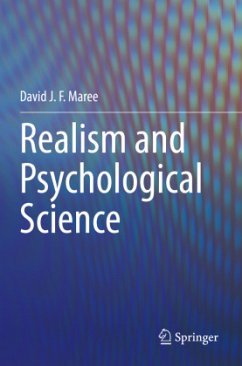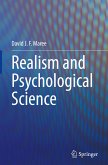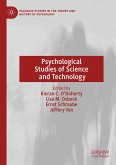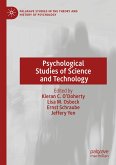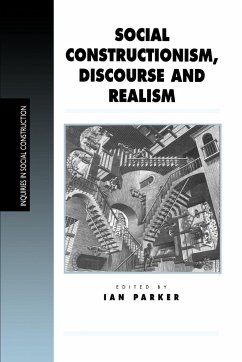The book provides an argument why realism is a viable metatheoretical framework for psychological science. By looking at some variations of realism such as scientific realism, critical realism, situational realism and Ferraris' new realism, a realist view of science is outlined that can feature as a metatheory for psychological science. Realism is a necessary correction for the mythical image of science responsible for and maintained by a number of dichotomies and polarities in psychology. Thus, the quantitative-qualitative dichotomy, scientist-practitioner polarity and positivist-constructionist opposition feed off and maintains a mythic image of science on levels of practice, methods and metatheory. Realism makes a clear distinction between ontology and epistemic access to reality, the latter which easily fits with softer versions of constructionism, and the former which grounds science in resistance and possibility, loosely translated as criticism. By taking science as a critical activity an issue such as the quantitative imperative looses its defining force as a hallmark of science - it provides epistemic access to certain parts of reality. In addition, essentially critical activities characteristic of various qualitative approaches may be welcomed as proper science. Academics, professionals and researchers in psychology would find value in situating their scholarly work in a realist metatheory avoiding the pitfalls of traditional methodologies and theories.

